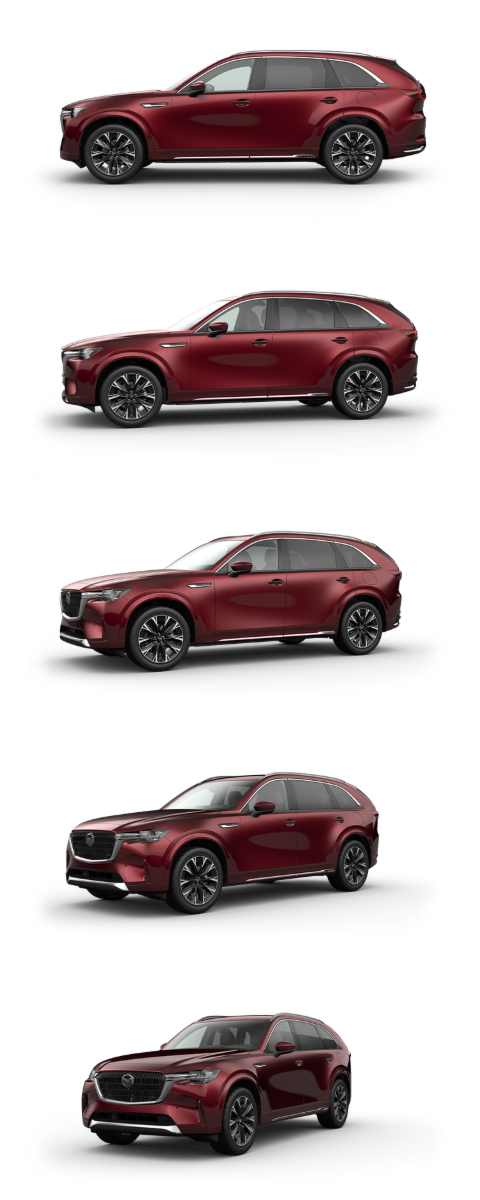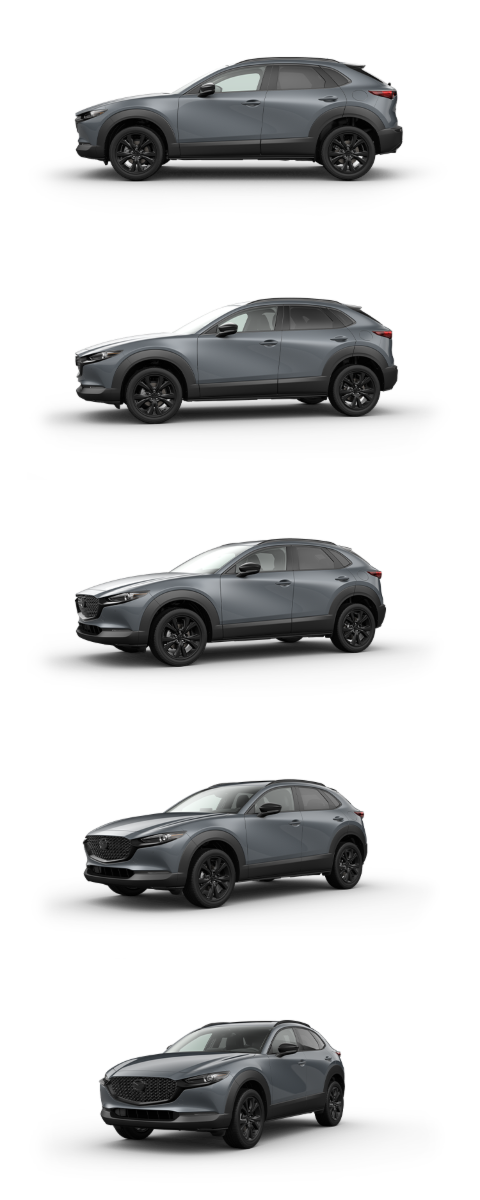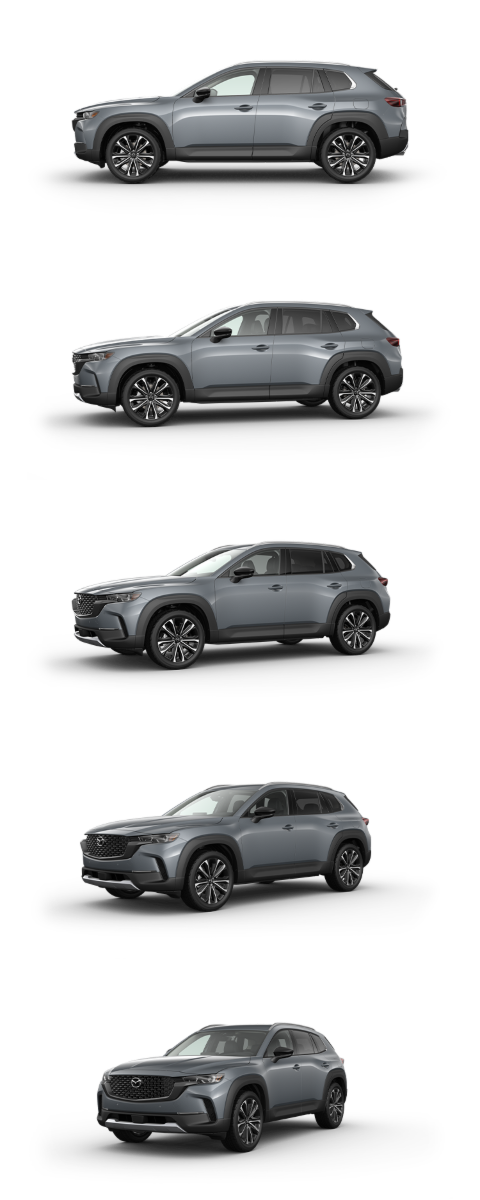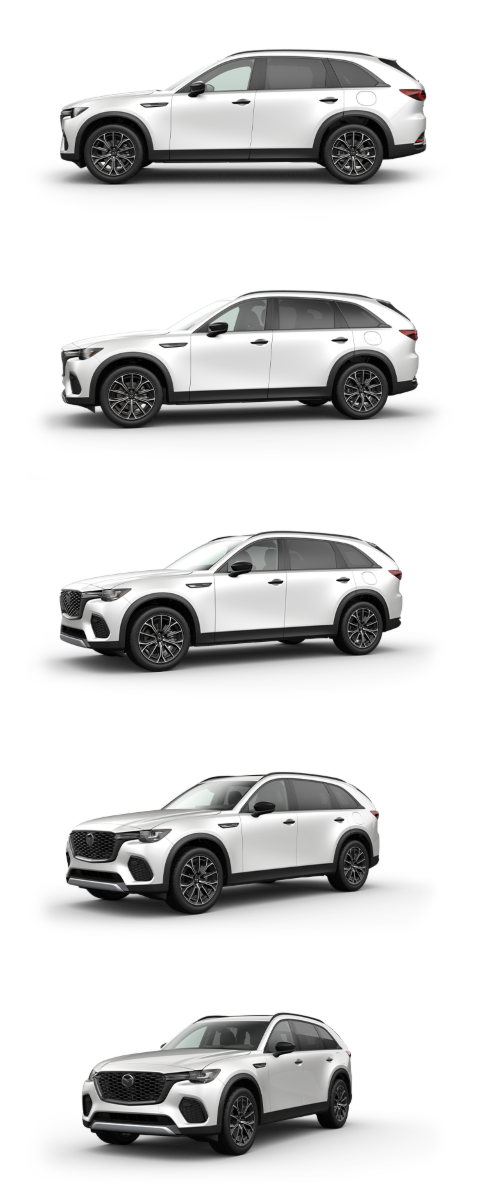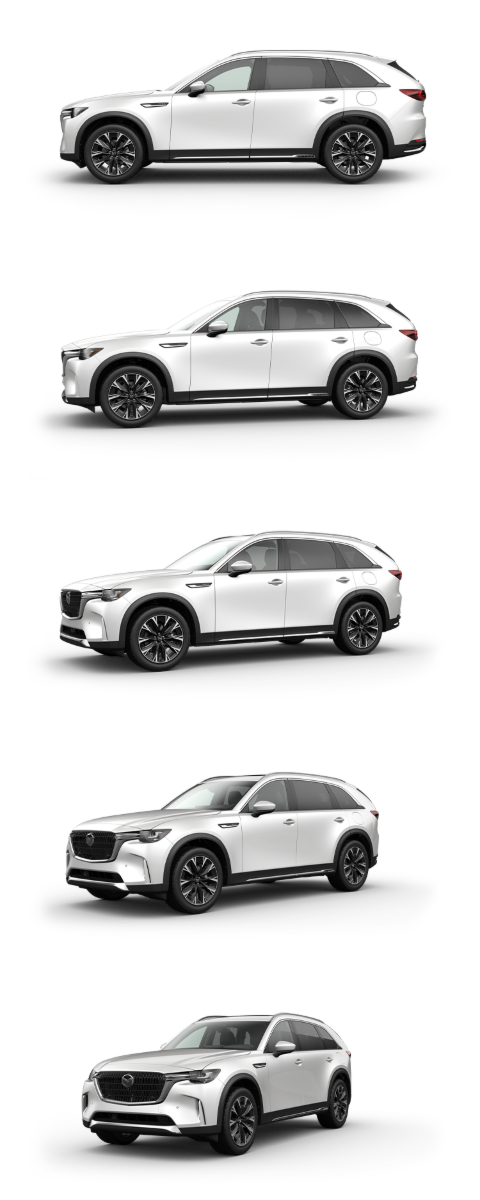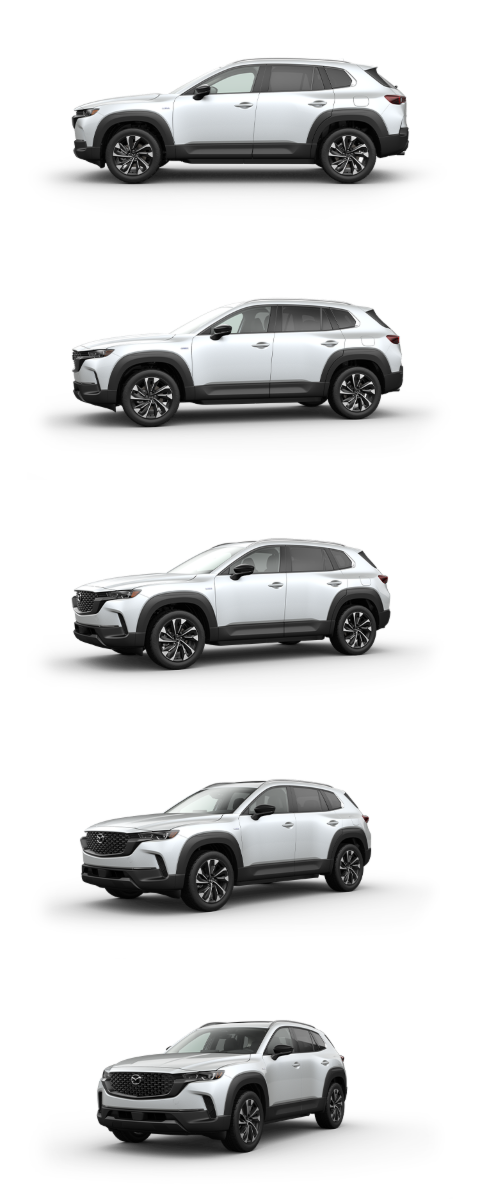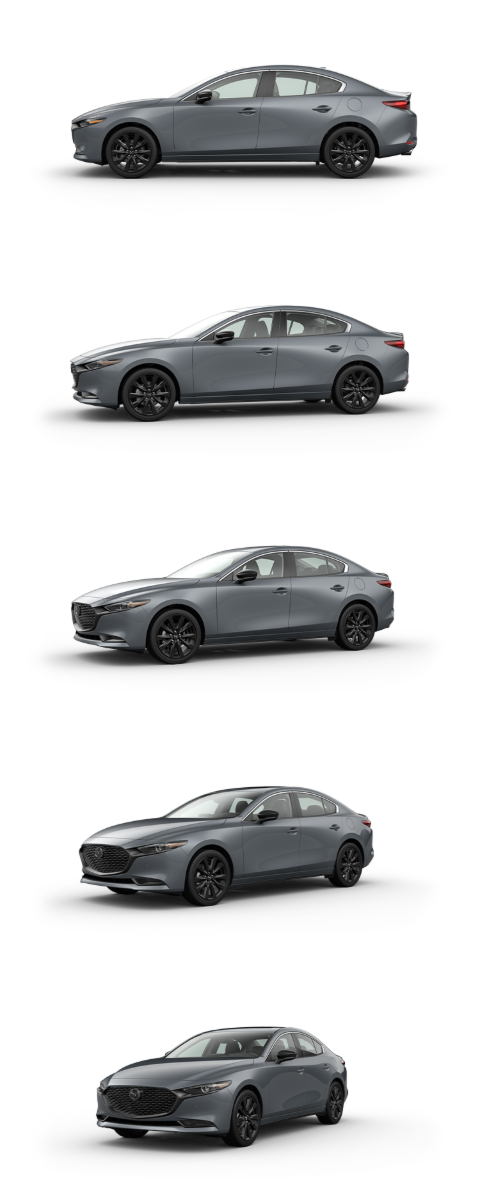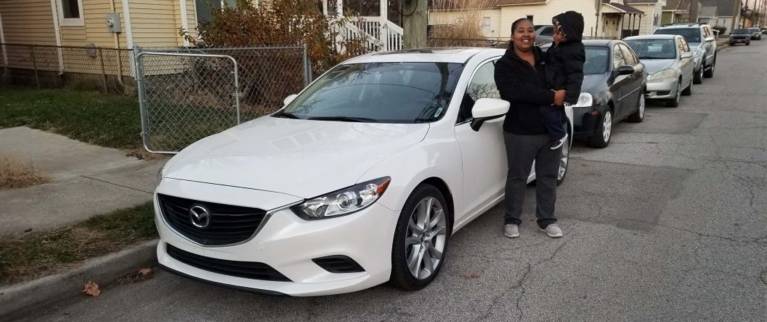Should I buy a hybrid car? Advantages and disadvantages explained
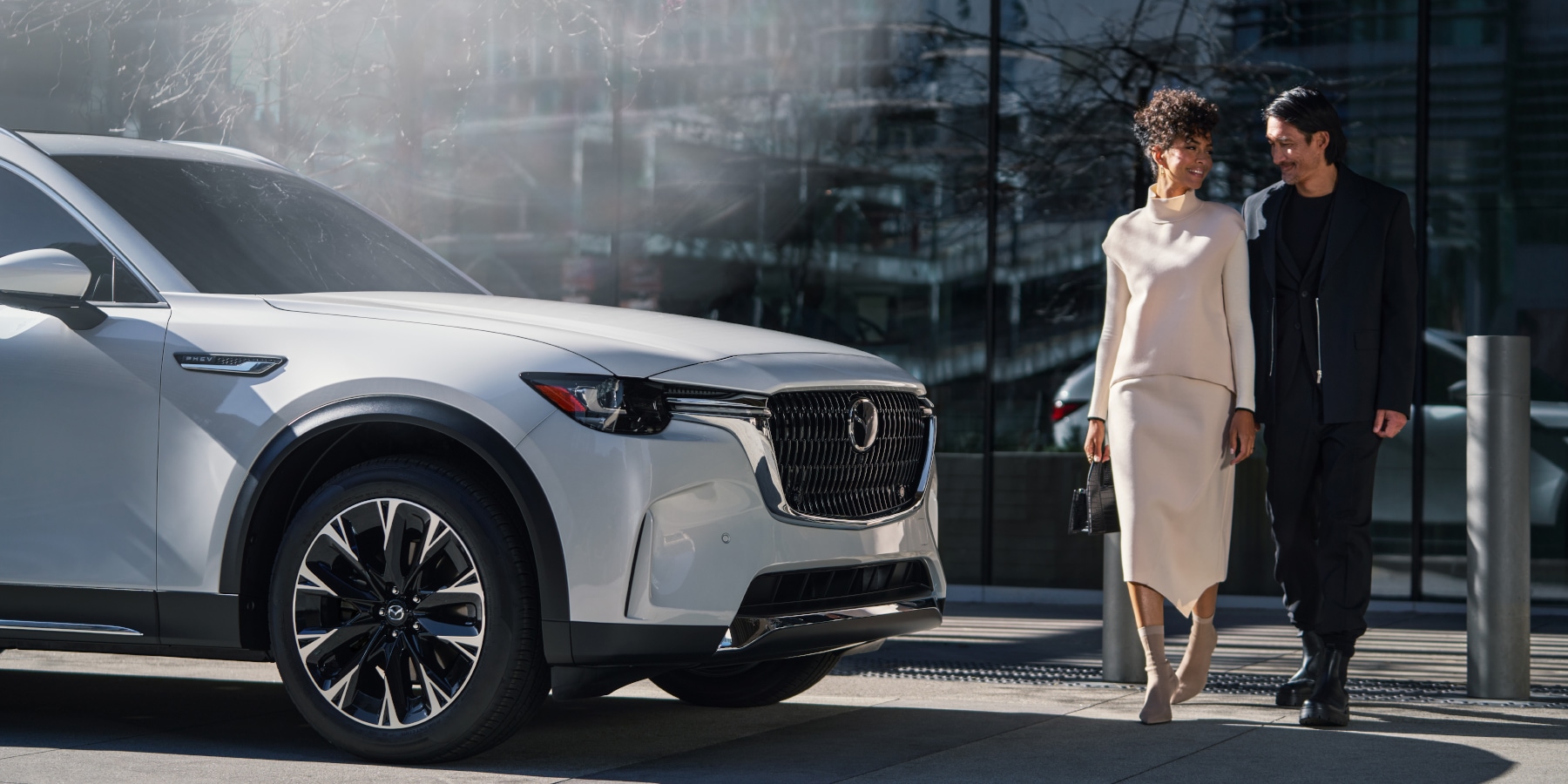
JUMP TO:
● Should I buy a hybrid car? Advantages and disadvantages explained
● What are the advantages of a traditional hybrid car?
● What are the disadvantages of a traditional hybrid car?
● Should I buy a hybrid sedan, or should I buy a hybrid SUV?
● What about a plug-in hybrid electric vehicle?
● The hybrid lineup at Mazda
The first hybrid automobile debuted in the 19th century but didn’t return to popularity until the last turn of the century. By 2023, hybrids accounted for almost eight percent of new vehicle sales — roughly 1.2 million cars, SUVs, and trucks.
While the electrification of transportation continues to expand, including hybrids, plug-in hybrid electric vehicles, and fully-electric vehicles, your budget, location, and where you drive will determine which approach works best for you. It is possible, for example, that a fully electric car is not actually the most practical choice for your needs.
Ultimately, whether or not a hybrid is best for you is a complicated question with multifaceted answers. This article illustrates some advantages and drawbacks to buying a hybrid, with the aim of helping you make a more informed decision.
What are the advantages of a traditional hybrid car?
For many people, the hybrid vehicle (HEV) has become synonymous with fuel economy, and for good reason: an HEV’s fuel economy benefit is applicable to virtually any buyer. But hybrid vehicles bring other good things to the table, too. Let’s take a closer look.
1. Hybrids get better fuel economy
2. Hybrid cars are reliable
Most hybrids today are generations in and well-proven. Experts in the automotive industry have found PHEV and EV reliability are manufacturer-dependent while hybrids were described as “extremely reliable.” See what Consumer Reports says about Hybrid vs. PHEV and EV reliability here.
3. Hybrid vehicles produce lower tailpipe emissions than their non-hybrid counterparts
Hybrid emissions benefits apply primarily in city and low-speed travel areas — coincidentally, where a greater population is exposed to emissions.
4. Hybrids often have good resale value
While tax incentives for hybrid cars are typically less common or are applied at lower amounts than for plug-in hybrids or electric vehicles, hybrids may have an advantage in resale price and lower operating costs. The more you use the hybrid’s strengths, the better the numbers may be.
5. Hybrids may not require any more maintenance than non-hybrids
Owning a hybrid typically requires a similar level of maintenance as a non-hybrid vehicle. But driven efficiently, a hybrid may get measurably longer life from its brake wear components, and the engine is not usually worked as hard as it is in a non-hybrid.
What are the disadvantages of a traditional hybrid car?
As with any other vehicle, hybrids come with compromises. Here are a few potential disadvantages of buying a hybrid vehicle.
1. Hybrids usually cost more than a non-hybrid car
For example, the Mazda CX-50 Hybrid costs approximately $2,320-$3,400 more than a comparable CX-50 2.5 S model, but keep in mind, some trims include options not offered on their hybrid or non-hybrid counterparts. That said, depending on the model, hybrids can be the least expensive way to “electrify” your vehicle suite, as PHEV and EV premiums are generally higher.
2. Hybrids are slightly heavier than non-hybrids, which may mean less payload or towing capacity
Hybrid vehicles are more efficient when driving in town than on a highway. On the highway, their added weight can be similar to carrying an extra passenger or two, which might make hybrids less fuel-efficient at higher speeds. If you primarily drive on highways at 60 mph or above, you may want to consider if a hybrid is the right fit for your needs.
3. Hybrids may be slightly slower and less refined at maximum power
Because many hybrids use a smaller gasoline engine, they may make a bit more noise at maximum throttle — say, merging on an uphill on-ramp. This becomes less of an issue with every new year and model, and the Mazda CX-50 Hybrid engine is the same 2.5-liter size as in CX-50 2.5 S and 2.5 Turbo models.
4. A hybrid is more mechanically and electrically complex than a non-hybrid
This complexity may increase repair costs during ownership. However, remember that hybrids are among the most reliable vehicles and that the warranty of many components, including the battery and electric motor(s), is often 8-10 years/100,000-150,000 miles.
5. A hybrid may cost more to insure
Reasons for this potential disadvantage vary. For example, it may cost more to insure the vehicle because it costs more to buy and therefore more to insure. Additionally, since hybrids are popular for their fuel efficiency in city driving, they may be more common in urban areas where traffic is heavier, and insurance can be more expensive.
Should I buy a hybrid sedan, or should I buy a hybrid SUV?
Whether the hybrid is a sedan, truck, or SUV, the benefits are the same. All other things being equal, the sedan will be less expensive and slightly more economical, but you might prefer a slightly higher ride height or the cargo and loading flexibility of an SUV.
What about plug-in hybrid electric vehicles?
The hybrid lineup at Mazda
The Mazda CX-50 Hybrid
The Mazda CX-90 PHEV and CX-70 PHEV
Test-drive a Mazda hybrid or plug-in-hybrid vehicle today
Unless you drive predominantly highway miles (and no, stop-and-go in a 70 MPH zone doesn’t count!) a hybrid can be an excellent vehicle choice for you and your family, from both a financial and environmental standpoint. If you’ve got a congested commute and a budget, but still like to drive, Mazda has you covered with our growing suite of hybrid vehicles.
To explore the Mazda hybrid lineup for yourself, schedule a test drive at a dealer near you today, or simply build and price your dream vehicle online.
This article is intended for general informational purposes only and is based on the latest competitive information available at the time of posting. Information herein is subject to change without notice and without Mazda incurring any obligations. Please review a variety of resources prior to making a purchasing decision. Visit Resource Center for more articles.


